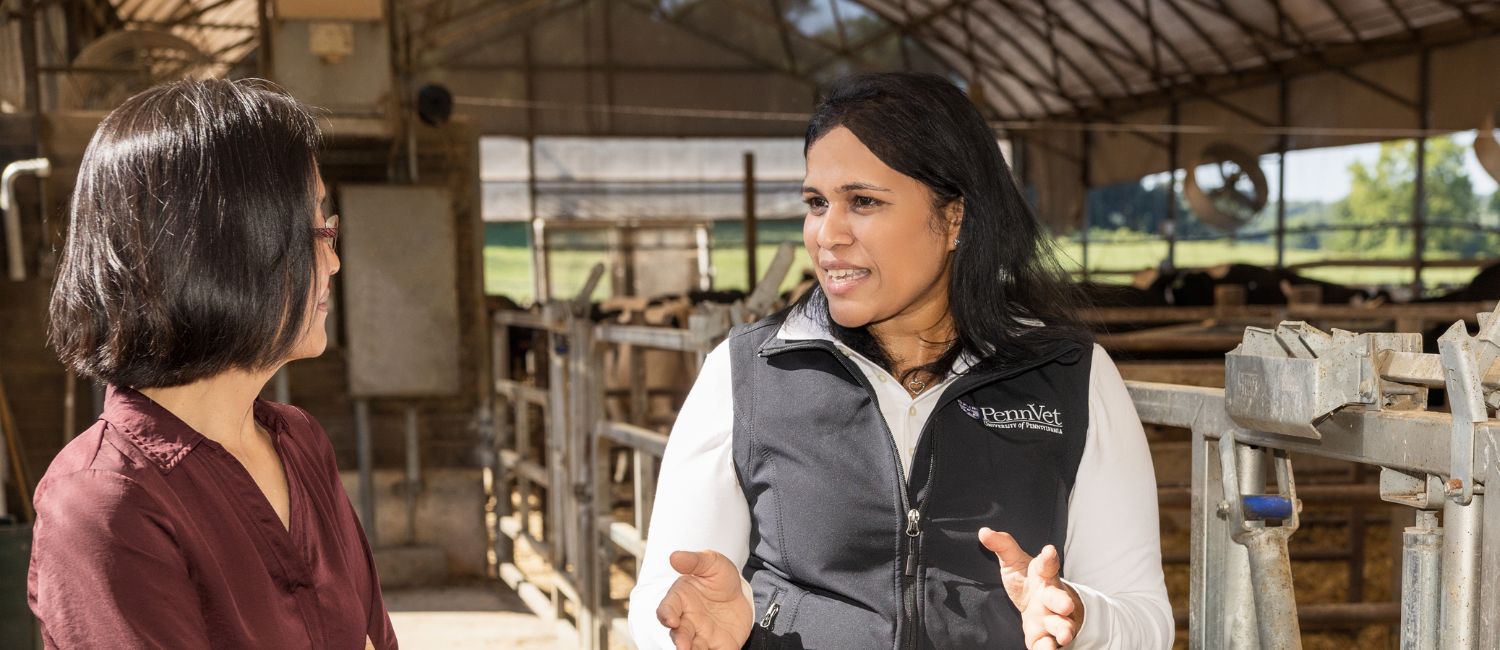


PHOTO CREDIT: Mayo Clinic
Environment News
-
Moooving the Needle on Methane: Video
 April 23, 2024
April 23, 2024MIT researchers are developing a system for reducing emissions of the potent greenhouse gas at dairy farms and other sites. Methane traps much more heat per pound than carbon dioxide, making it a powerful contributor to climate change. “In fact, methane emission removal is the fastest way that we can ensure immediate results for reduced global warming,” says Audrey Parker, a graduate student in the Department of Civil and Environmental Engineering.
Read More at new.mit.edu
-
Penn Vet Scientist Receives More Than Half a Million Dollars For Research and Development of Mitigation Technology to Halt Methane Emissions from Dairy Cattle
 April 9, 2024
April 9, 2024The Mark Whittier and Lila Griswold Allam Associate Professor of Ruminant Nutrition, Dipti Pitta, PhD, at the University of Pennsylvania’s School of Veterinary Medicine (Penn Vet) has received a $508,884 grant from Gerstner Philanthropies to support Pitta’s continuing work to imprint the rumen function and prevent methanogen colonization in dairy calves with the potential of permanently curbing methane emissions from dairy herds in the United States.
Read More at Vet.UPenn.Edu
-
Global Methane Hub Announces the Enteric Fermentation Research & Development Accelerator, a $200M Agricultural Methane Mitigation Funding Initiative
December 2, 2023
Today, at COP28, the Global Methane Hub (GMH) announced a more than $200 million funding initiative between public, private and philanthropic partners including the Bezos Earth Fund, Quadrature Climate Fund, Gerstner Philanthropies, High Tide Foundation, Bill & Melinda Gates Foundation, The Zegar Family Foundation, Danone, the Governments of Ireland, New Zealand and the United States, for research and development (R&D) technologies to meaningfully address and reduce methane emissions from livestock.
Read More at prnewswire.com

